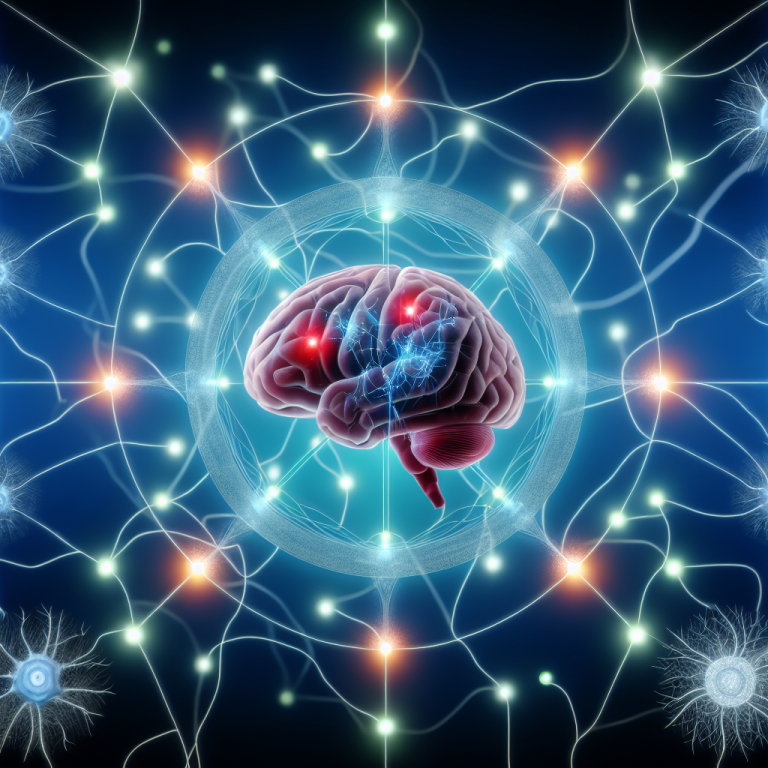A groundbreaking discovery has been made in the field of neuroimmunology, revealing a body-brain circuit that plays a crucial role in regulating the body’s inflammatory responses. This circuit, part of the body-brain axis that governs organismal physiology, has the ability to sense and control functions within the body, including organ function, metabolism, and nutritional state.
Recent research has shown that when the body experiences an immune insult, this peripheral immune stimulus triggers a powerful activation of the body-brain axis. Pro-inflammatory and anti-inflammatory cytokines work together to communicate with specific populations of vagal neurons, informing the brain about the presence of an inflammatory response. In response, the brain closely monitors and modulates the progression of the immune response.
In experiments where this body-to-brain circuit was genetically silenced, unregulated and uncontrollable inflammatory responses were observed. Conversely, activating this circuit allowed for precise neural control over immune responses. Utilizing single-cell RNA sequencing and functional imaging, researchers identified the key components of this neuro-immune axis and found that manipulating certain elements of the circuit can effectively suppress pro-inflammatory responses while promoting an anti-inflammatory state.
The ability of the brain to alter the trajectory of an immune response opens up exciting new possibilities for treating a variety of immune-related disorders, from autoimmune diseases to cytokine storms and shock. By gaining a better understanding of this intricate body-brain communication system, researchers are hopeful that they can develop innovative approaches to managing and potentially curing these conditions.
Ultimately, this discovery has the potential to revolutionize the field of immunology and pave the way for groundbreaking treatments that target the root causes of inflammatory diseases. The ability to harness the power of the body-brain axis to regulate immune responses represents a major step forward in our understanding of the complex interplay between the brain and the immune system. With further research and development, the possibilities for using this knowledge to benefit human health are virtually endless.




